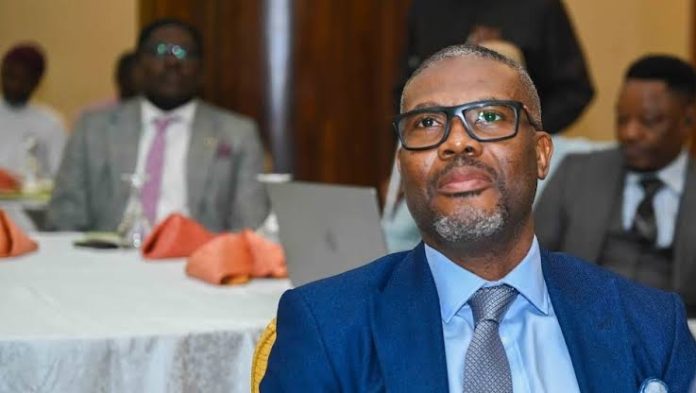News Investigators/ The Association of Telecommunication Companies of Nigeria (ATCON) on Monday commended the Federal Ministry of Communication, Innovation and Digital Economy (FMCIDE) for spearheading a new initiative known as, “Project Bridge.”
The President, ATCON, Tony Emoekpere, said in an interview with the News Agency of Nigeria (NAN) in Lagos that the initiative aimed at creating a robust and resilient telecommunications backbone across Nigeria.
Mr Emoekpere said that the project was an ambitious Public-Private Partnership (PPP) designed to connect all 36 states and the Federal Capital Territory (FCT) as well as local government areas via fiber optic cables.
According to him, the initiative is not meant to replace existing infrastructure but to complement it, creating a more resilient network.
“Right now, most of the networks that we have are linear in nature.
‘’Just imagine, if there’s only one road from Lagos to Ibadan; if anything happens to that road, you would not get to Ibadan.
‘’This project will create alternative routes,” he said.
The ATCON boss said the project was being modeled after the successful energy sector’s PPP framework, with the government contributing a certain percentage to the Special Purpose Vehicle (SPV) and the private sector providing the rest of the funding.
He said that the goal of the project was to create alternative, redundant connections, thereby ensuring that services remain uninterrupted even if one part of the network was compromised.
The president expressed the full support of telcos, noting that the project would enable members to deliver services more effectively in locations where infrastructure was currently a significant challenge.
“With this project, we will have multiple options,” he said.
NAN reports that “Project BRIDGE” involves building a nationwide fiber optic network to expand digital infrastructure and connectivity, rather than a physical bridge, as part of Nigeria’s National Broadband Plan.
The project is a public-private partnership ($2 billion cost) using a Special Purpose Vehicle (SPV) to deploy 90,000 km of fiber-optic cable to enhance education, healthcare, and the digital economy.
NAN


